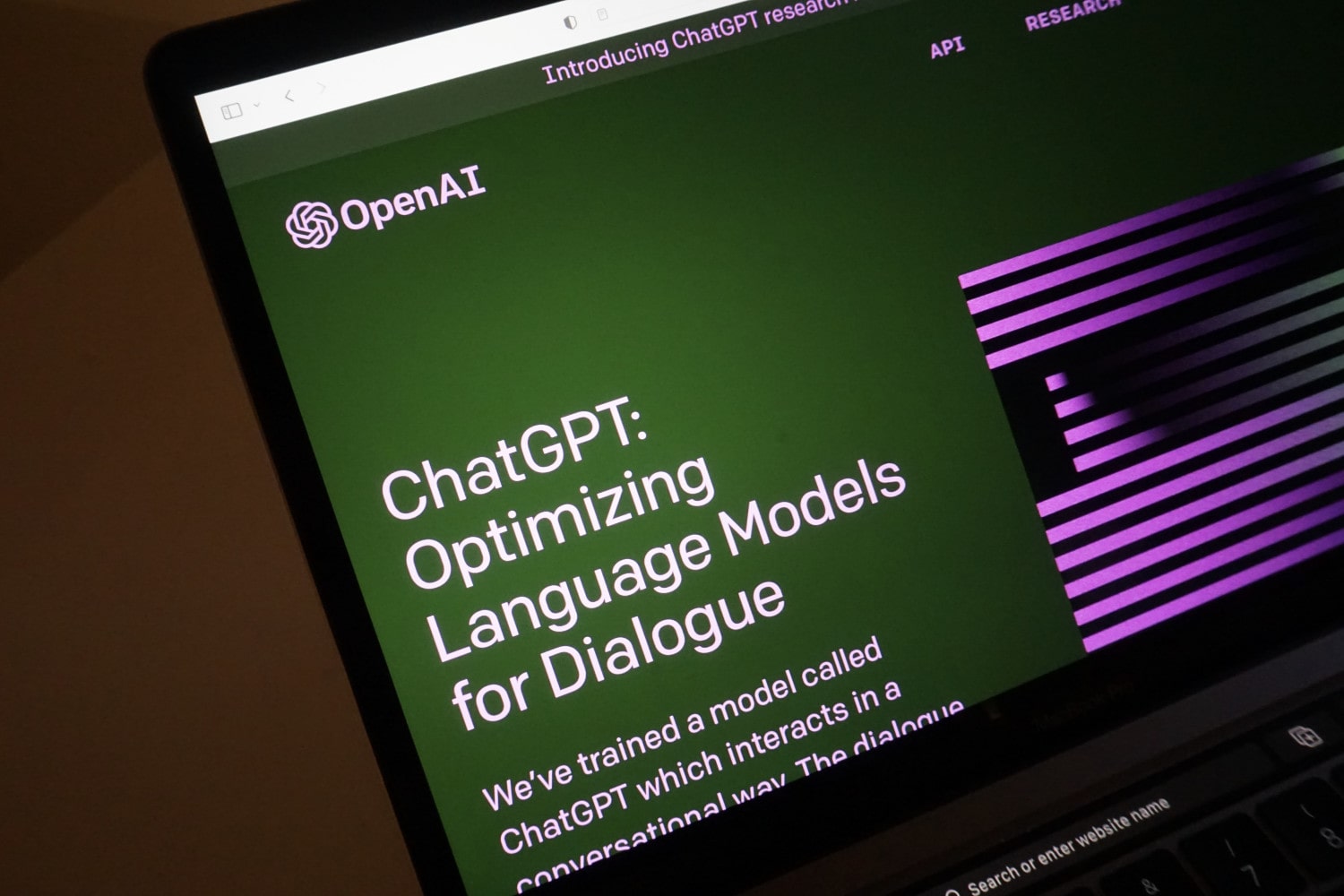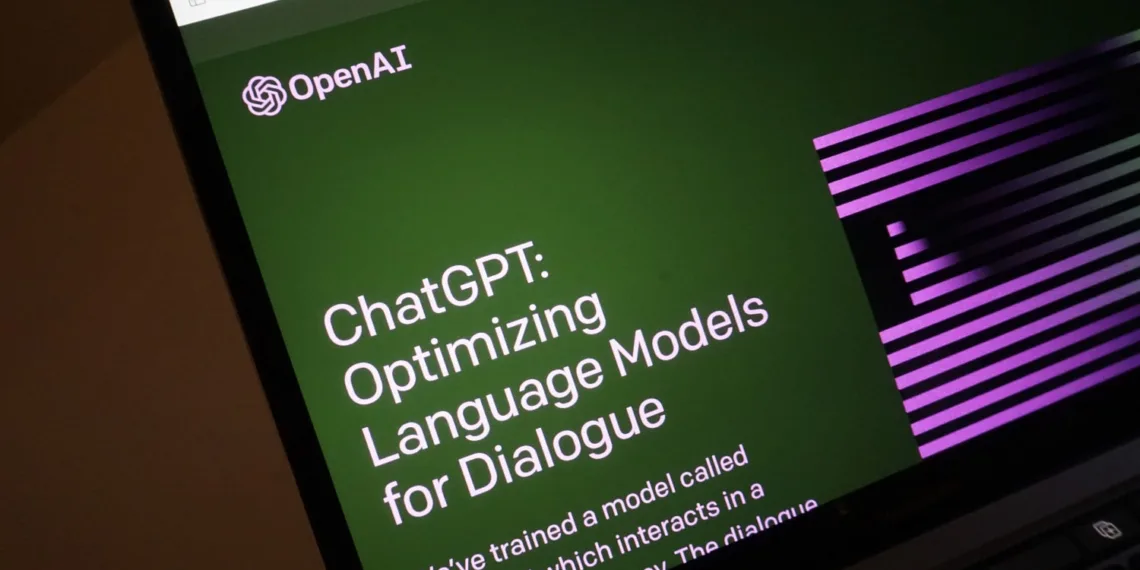OpenAI is experiencing a flurry of product launches, marking a significant evolution for the company. Recently, it introduced the eagerly anticipated Sora video generator and integrated ChatGPT with Siri, attracting millions of users from the Apple ecosystem. Additionally, OpenAI has broadened its subscription offerings as it progresses toward a for-profit model, a shift that has become a contentious topic among its internal stakeholders.
Not all parties are pleased with OpenAI’s departure from its nonprofit origins. Among the critics is Elon Musk, one of the company’s co-founders who has since become a competitor. Earlier this year, Musk filed a lawsuit against OpenAI and has frequently criticized its direction.
“You can’t sue your way to AGI.”
In a recent turn of events, OpenAI shared a collection of emails and discussions between Musk and its executives, revealing that Musk had been pursuing a for-profit status himself while seeking full control and a leadership role, including potential mergers with Tesla and a majority stake in the company.
Some key figures at OpenAI had been open to the idea of a mixed model, where a research division could operate as a nonprofit while another segment would explore partnerships in the for-profit realm.

Rolf van Root / Unsplash
During negotiations regarding the potential shift to a for-profit entity, Musk informed OpenAI executives that he expected to have total control initially, albeit this could change. OpenAI rejected Musk’s terms, leading to his departure to establish xAI.
“He should be competing in the marketplace rather than the courtroom.”
In an email to Musk, former OpenAI chief scientist Ilya Sutskever remarked, “You stated that you don’t want to control the final AGI, but during this negotiation, you’ve shown us that absolute control is extremely important to you.” Following this, OpenAI created the capped-profit OpenAI LP and stated that it had reached out to Musk with equity offers, which he declined. However, it seems Musk is not alone in his dissatisfaction regarding OpenAI’s shift toward a profit-driven approach.
Meta is unhappy

Meta/Mark Zuckerberg
Meta has reportedly submitted a letter to California Attorney General Rob Bonta, urging him to halt OpenAI’s transformation into a for-profit entity. The letter emphasizes that OpenAI initially secured funding under the premise of a charitable mission but now seeks to generate profits.
Meta’s plea not only asks for a cessation of OpenAI’s transition but also calls for an investigation into the organization’s obligations as a nonprofit regarding actions like “distributing assets to third-party entities.”
“That is wrong.”
Meta argues that OpenAI’s actions set a troubling precedent, suggesting that a nonprofit can receive substantial donations, create a service, and later abandon its altruistic objectives for profit. Not to mention, Meta is also in competition with OpenAI through its own Meta AI platform.
Interestingly, Meta’s letter not only referenced Musk but also indicated that he is “qualified and well-positioned to represent the interests of Californians in this matter.” It’s notable that Musk and Zuckerberg have been at odds recently, and a planned cage fight between them never materialized.
As OpenAI continues along its for-profit trajectory and maintains close ties with Microsoft, it remains to be seen whether it will encounter any significant legal challenges.












